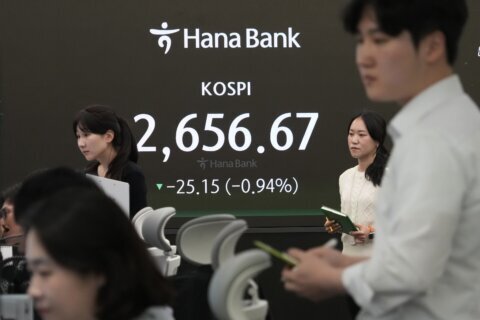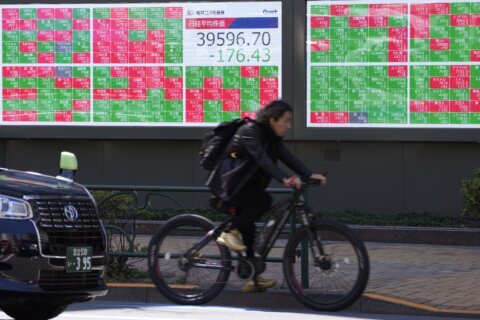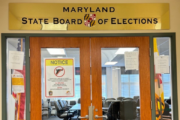ROME (AP) — The Vatican and China on Saturday extended their oft-criticized agreement on the appointment of bishops in the Asian country, where the government has waged crackdowns over the years on religious believers.
The Holy See announced the latest, two-year renewal of the 2018 arrangement in a brief statement.
It said the Vatican was committed to “constructive dialogue” with China on implementing the accord and in improving bilateral relations “with a view to fostering the mission of the Catholic Church and the good of the Chinese people.″
The two sides haven’t had diplomatic relations since 1951, in the wake of the the Chinese Communists’ rise to power.
In the past, conservative Catholics slammed the deal in view of China’s persecution of people practicing their religions. The Vatican insists better relations allow for discussions about any human rights abuses.
Full details of the agreement never have been made public. In essence, it gives Pope Francis the final say in selecting China’s bishops while allowing Chinese authorities input earlier in the process.
Catholics in China have been divided for decades between those who belong to an official, state-sanctioned church and an underground church loyal to the pontiff.
The Holy See insists on the pope’s divine right to select bishops, while Beijing considers such nominations an infringement on its sovereignty.
In comments to Vatican media outlets about the deal’s extension, Cardinal Pietro Parolin, who serves as secretary of state, said the agreement reflects the pope’s “determination and patient foresight.”
Parolin, the Vatican’s No. 2 official, said Francis “decided to continue along this path not under the illusion of finding perfection in human rules, but in the concrete hope of being able to assure Chinese Catholic communities, even in such a complex context, of the guidance of pastors who are worthy and suitable for the task entrusted to them.”
Parolin acknowledged there were still Catholic dioceses, “in which, despite all efforts and good will, no fruitful dialogue exists with local authorities.”
Last month in Hong Kong, a 90-year-old Catholic cardinal and five others went on trial for allegedly failing to register a now-defunct fund set up to assist people arrested in mass antigovernment protests three years ago.
Cardinal Joseph Zen, a retired bishop of Hong Kong, was arrested earlier in the year on suspicion of colluding with foreign forces to endanger China’s national security.
Zen is among the critics who contend the deal on bishop appointments betrays pro-Vatican Chinese Catholics, especially given the arrests or detentions of Catholic clergy loyal to Rome in past years.
He has accused Parolin of “manipulating” the pontiff and essentially selling out the underground church.
The Vatican has retorted that the 2018 agreement prevents an even worse break in the Chinese church after Beijing named bishops without the pope’s consent.
The accord regularized the status of seven of these “illegitimate” bishops and brought them into full communion with the pope.
Copyright © 2024 The Associated Press. All rights reserved. This material may not be published, broadcast, written or redistributed.







